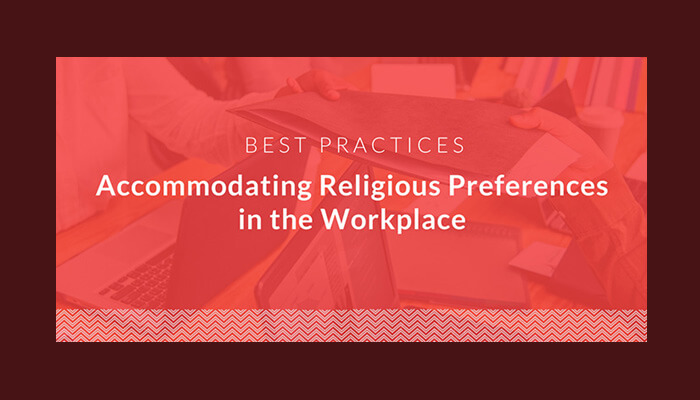As the members of the 116th Congress were sworn in earlier this month, one Representative stood in violation of the 1837 House rule banning head coverings on the house floor. Congresswoman Ilhan Omar of Minnesota, a Muslim, is the first Congressional representative to wear a hijab. Later that same day, a rules change adopted by the House permitted religious head coverings on the floor, allowing Rep. Omar to wear her hijab without running afoul of House rules on a daily basis.
In fact, Congress had little choice but to accommodate Rep. Omar’s religious dress. Federal law (Title VII of the Civil Rights Act of 1964) requires that nearly all employers accommodate their employees’ sincerely held religious beliefs and practices, unless doing so would pose “undue hardship.”









